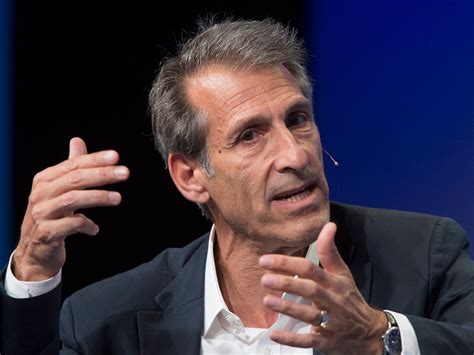A Quote by Edward Felten
Given that you'll never be able to prevent copying, the question is, what can you do to minimize it? What can you do to make consumers happy enough with legitimate use of the system that they'll be willing to pay for it?
Related Quotes
We think of prices as simply the notation of how much we must pay for things. But the price system accomplishes far more than that. Hundreds of millions of people buying and selling, and abstaining from buying and selling, generate a system of signals - prices to producers and consumers about relative scarcities and demand. Through this system, consumers can convey to producers their subjective priorities and entrepreneurs can invest accordingly.
We've long known that firms can pay higher wages if they spend less on workplace safety enhancement. Libertarians ask, "If a worker is willing to accept higher wages in return for his agreement to exercise greater caution while performing his job, why should the government prevent him from making that choice?" It's a rhetorically powerful question, yet it overlooks the fact that the agreement in question will have adverse effects on others.
The U.S. has a system that does have a poor cost-benefit ratio. I mean, 40 million people lack insurance; another 30 million or so are underinsured. The people who are insured do have to worry whether they are able to pay the bills. People become bankrupt because they cannot pay the medical bills, and there are vast differences in the quality of care depending on how much you are prepared and able to pay. I think the system is not working well.
I am not a preacher. I don't want to stand on a soapbox and tell people, "Don't drink. Don't use drugs." With my kids, I say "Don't drink. Don't do drugs." But when they turn 21, they can drink. I hope they never use drugs, but people make their own decisions. When they're old enough, they are going to have the chance to make their own decisions. I just hope I have given them enough love and support, and the ability to come and talk to me if they need to.
Typical pay increases are not enough to motivate employees, but they are enough to irritate them. … Even when companies create seemingly significant pay differentiation between low and high performers, the actual cash increase is insufficient to sustain performance – or it drives the wrong behaviors. … Effective management is a system, not a pay plan. The mistake is that companies try to solve all their problems with pay.




































